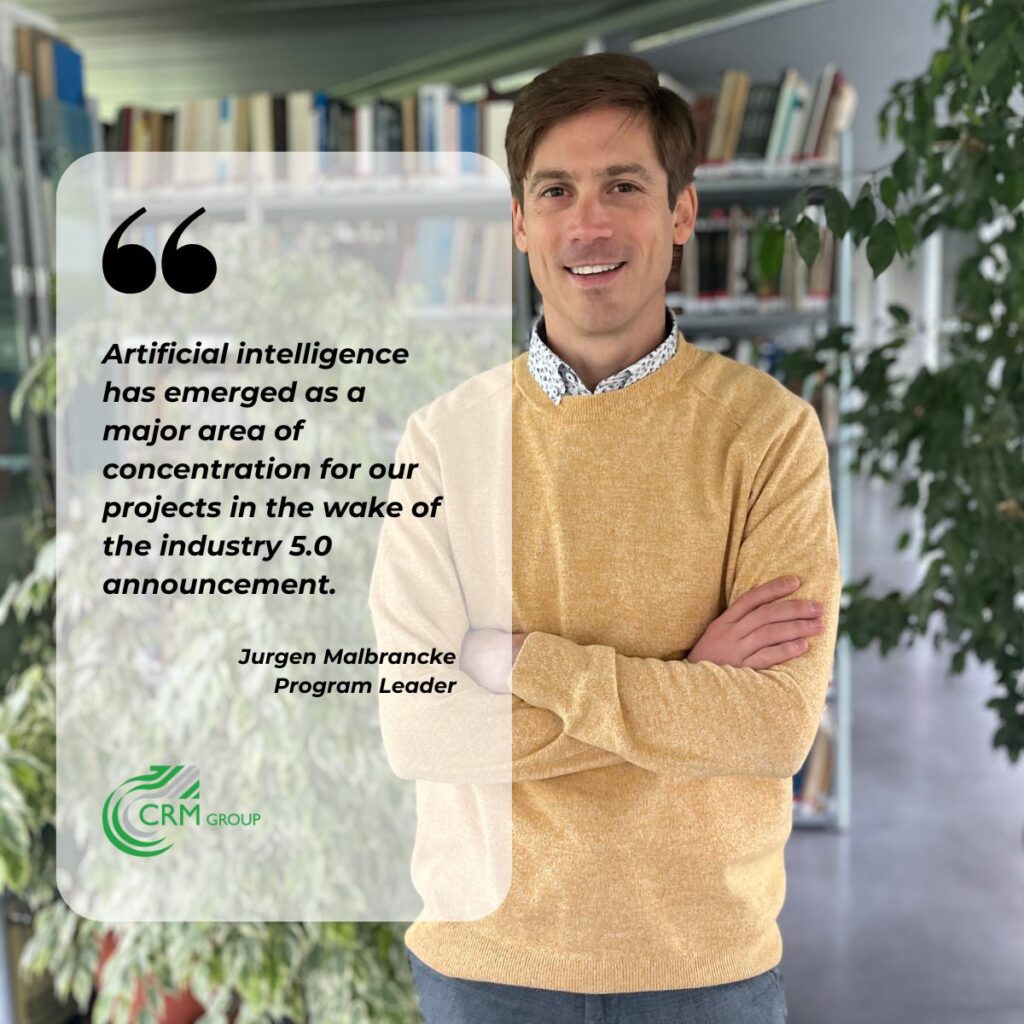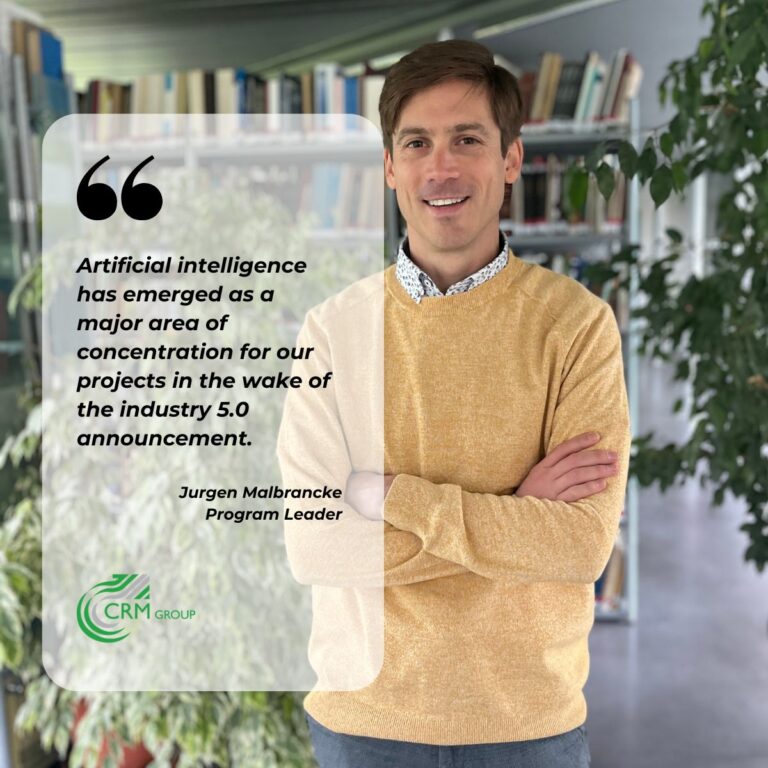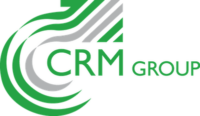Meet Our Experts: Jurgen Malbrancke

At CRM Group, innovation is driven by people. Behind every breakthrough lies the expertise and passion of our teams. In this interview, we meet Jurgen, one of our dedicated experts, who shares his insights into digitalisation and gives us a closer look at the challenges, ambitions, and technologies shaping his work.
First, can you introduce yourself, tell us how long you’ve been working at CRM Group, your career and explain your current role?
I am Jurgen Malbrancke, and I have been employed at CRM Group for more than 20 years. Due to my experience in electromechanical engineering rather than metallurgy, I started up as a Process Engineer. Automating the laboratory continuous hot rolling pilot line was my first big assignment at CRM. A significant project and a real challenge, especially for someone who had just graduated.
I learned a lot from that experience and continued working on similar installations. I later worked as a Researcher, assisting on various projects before managing my own as a Project Leader. When I began managing projects in Europe, I eventually rose to the position of Senior Project Leader.
I continued working on laboratory setups and collaborating with our engineering department in addition to the time I spent organizing projects. I then moved into a specialist role where I shifted my focus to digitalisation, exploring areas like augmented reality, AI, data processing, and machine-to-PC communication for data transfer.
I moved to my current position at CRM Group as Program Leader Digitalization a few years later. My mission is to identify where digitalisation can be applied within our projects to be implemented in an industrial environment that is often quite traditional or rigid when it comes to new technologies. Artificial intelligence has emerged as a major area of concentration for our projects in the wake of the industry 5.0 announcement.
So your current work is about bridging digitalisation with pilot lines, which are seen as very industrial and metallurgical environments?
My work began with pilot lines, but today I take a different approach and look for ways to integrate digital technology into these procedures. The ultimate goal is to connect digitalization in the real plants for our customers, though we can still test on our pilot lines.
Commonly there is a direct link between the research project(s) and the implementations. For example, I assisted in the development of digital tools to support my research on work roll degradation. One early project involved using tablets to record measurements and evaluations. Tablets are now routine, but ten years ago, we already introduced tablets industrially into the plant’s daily operations.
In order to monitor and track our chemical goods, we also have a new internal CRM project that uses smartphones in chemical labs to track substances via QR codes. Therefore, digitalization helps CRM Group’s internal operations as well as our partners through projects.
You also mentioned European projects, which are crucial for CRM Group. What are you currently working on?
Yes, European projects are very important as they open extra possibilities through European funding. One key project I’m coordinating is EDGEROLLS. We have a large team working on it, and my role focuses on digitalisation—developing a smartphone app for cylinder inspection and analysis, with everything stored centrally and the addition of AI on data.
I’m also involved in several other RFCS projects, particularly those within the TGA 5 category, which focuses on digitalisation initiatives.
Lastly, what advice would you give to a young student entering this field today, like you did 20 years ago?
Don’t stop learning, really. Digitalisation evolves incredibly fast, just take ChatGPT as an example of how quickly the landscape can change. You’ll automatically stay up to date with these developments if you’re passionate, but it’s crucial to continually learn new things.
Finding new technology and being able to apply them to our line of work is what I love most. To stay ahead in today’s fast-paced environment, I advise young professionals to keep up the same enthusiasm for learning they had when they first started their careers.

